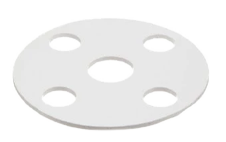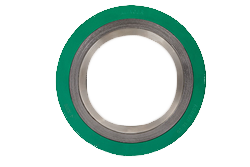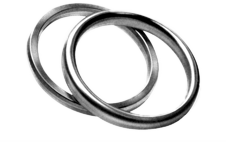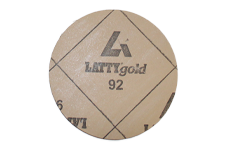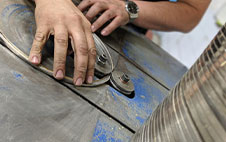Types of Pumps
Our pump gasket manufacturing processes take into consideration various factors such as the fluid being pumped, the required flow rate, and the operating pressure and temperature. We have manufactured gaskets and seals for the following types of pumps:
- Centrifugal pumps
- Positive displacement pumps
- Submersible pumps
- Diaphragm pumps
- Peristaltic pumps
- Reciprocating pumps



